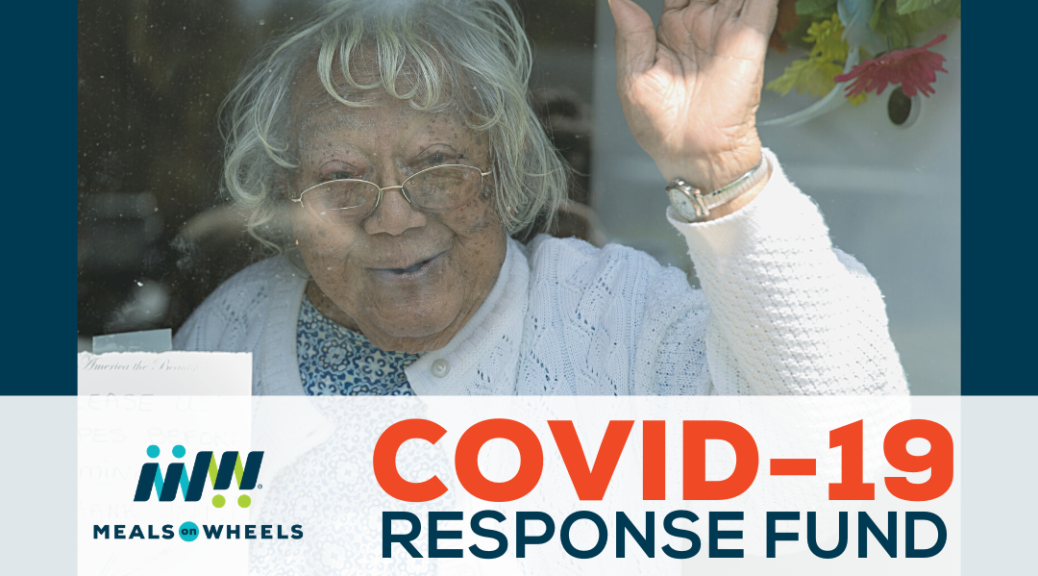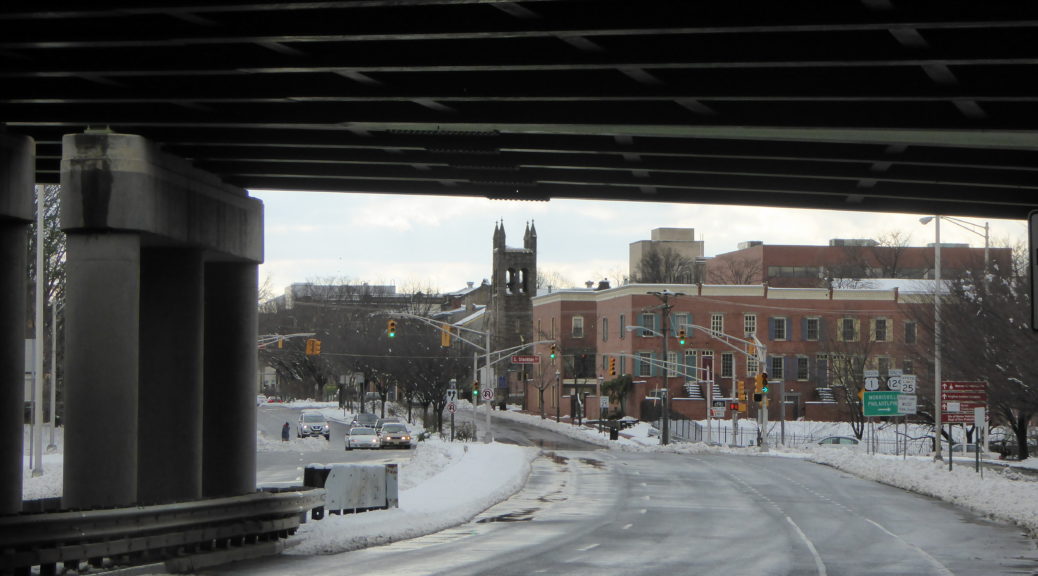By Neyssa Deriphonse
The Mercer County Library System is investing in future generations of their community as they provide free books and other assistance to youth.
Eboni Love, a supervising library assistant for the Youth Services Department at the Trenton Free Public Library, said they organize literature events, free book drives, stem projects and crafts, as well as host a variety of summer camps and after school programs. They also have computers and tablets for the children to use.
Although the library receives large donations, Love aims to purchase over ten thousand books for the Trenton community.
“First, I would distribute them to the daycares that I partner with, so each of the babies get two to three books to take home with them,” Love said.
The Trenton librarians also distribute books during community events and while hosting book fairs. Though they would “carry around two hundred to three hundred books” for those events, their goal is to provide more books to the community.
Why is there such a large push to provide books to the youth?
Love emphasized that those books “promote literacy at home, make reading normal, especially when there’s different books being read to them which are readily available at home.” She added that the books help children with reading comprehension, particularly when they match their interests, which makes them more willing to read.
Despite all these efforts, there are some lurking obstacles that prevent children from fully benefiting from those resources. Love explained that the lack of transportation can prevent parents from obtaining books for their children.
“Our obstacle that we face with getting the books out to the community is that numerous parents do not have transportation and we only have one library here in [Trenton],” she said. “So, if two or three people that are in my department cannot get out into the community to share the books, there’s no other way for these parents to get these resources that we have to offer.”
Though many people take advantage of the book fairs, Love said they could have reached many more if some parents had the means of transportation to get to their central location.
Parents being illiterate or lacking the time to read to their children are also barriers.
“You could work with your child at whatever level you are at because there’s always a book that could cater to whatever reading level that you’re on,” Love said.
She offered other options such as traditional audiobooks, DVD books and Youtube audiobooks.
“Even if you are not reading to the kids, other people reading to them are just as effective,” she said.
Regardless of the method, Love advised parents to read to their children whenever possible during the day.
“Even during a nap time or when you are cooking, read to them,” she said.
“At least try to make time, even if it is short, you do not have to spend thirty to forty minutes a day on literature. You could definitely read a five-minute quick book and it is still just as effective.”
To stress the importance of reading, Love shared her favorite quote by Dr. Seuss.
“The more that you read, the more things you’ll know, the more that you learn, the more places you’ll go.”





